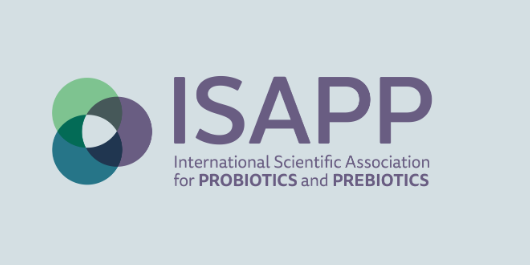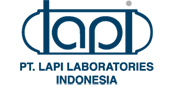
As of April 1st, Dr. Mariya Petrova, our Senior Scientific Educator at Winclove Probiotics was appointed as the senior industry advisory committee representative to the Board of directors of the International Scientific Organization for Probiotics and Prebiotics. ISAPP is a non-profit organization committed to gaining scientific insights into pro-and prebiotics. In her new position, Mariya represents not only Winclove and our partners but all ISAPP member companies to the ISAPP Board of Directors.
Mariya’s long involvement with ISAPP and desire to advance science has already resulted in her co-authoring a review article in 2021 on emerging trends in probiotic and prebiotic science. Now she has co-authored a review article “Emerging issues in probiotic safety: 2023 perspectives”, recently published in the open access journal Gut Microbes.
Why this safety review?
Probiotic consumption has grown tremendously in the last decades. Today probiotics are used both by healthy consumers and also in clinical settings. However, the development of new probiotics and the expansion of their use into vulnerable populations warrant concise and actionable recommendations on how to work toward their safe and effective use. Therefore, the authors identified emerging acute and long-term risks associated with probiotics to update evidence-based recommendations and provide guidance to the scientific and medical community on judging probiotic safety. Below you will find some of the authors’ key recommendations.
Recommendations on acute risks
Among the key acute risks, the authors drew conclusions regarding:
- microbiome alterations that probiotics may cause ;
- the risk of existing antibiotic resistance (AR) genes in the genome of probiotic strains and the risk of transferring these genes;
- invasive infections that probiotics may cause;
- the impact of probiotics on drug function and metabolism.
Of utmost importance, the authors recommend that all probiotic strains be screened for AR both phenotypically and genotypically. Manufacturers of historical strains that may not have undergone this approach for AR risk-assessment should reevaluate strains. The authors also advise that microbiome profiling is encouraged but not required component of safety assessment for probiotics. Finally, invasive infections and sepsis should be monitored diligently in clinical settings and reported fully in all probiotic trials.
Recommendations on long-term risks
In terms of long-term risks and concerns, the authors focused on:
- long-term probiotic colonization;
- long-term impact of probiotics on the composition of the microbiota;
- the use of probiotics for vulnerable populations.
Key recommendations include extra monitoring when probiotics are administered to vulnerable target populations, such as pregnant women, newborns, particularly preterm infants and immune impaired people. The authors also recommend that probiotics for mild to morbidly obese pregnant women should be administered only with concomitant monitoring for potential risk of pre-eclampsia.
Fundamental recommendations
Reputable manufacturers establish quality standards consistent with the intended population and sufficient for that use. These standards require quality control and quality assurance protocols. Fundamental precautions for probiotic safety include proper strain characterization, a complete genome sequencing, monitoring toxigenicity, pathogenicity and antibiotic resistance genes. Probiotic dietary supplements targeted for vulnerable populations should undergo third-party verification of product quality (purity, potency, and identity), which are accurately communicated on product labels.
Do you want to know all the details, including a table that summarizes all the recommendations? Read the full text of this publication.






